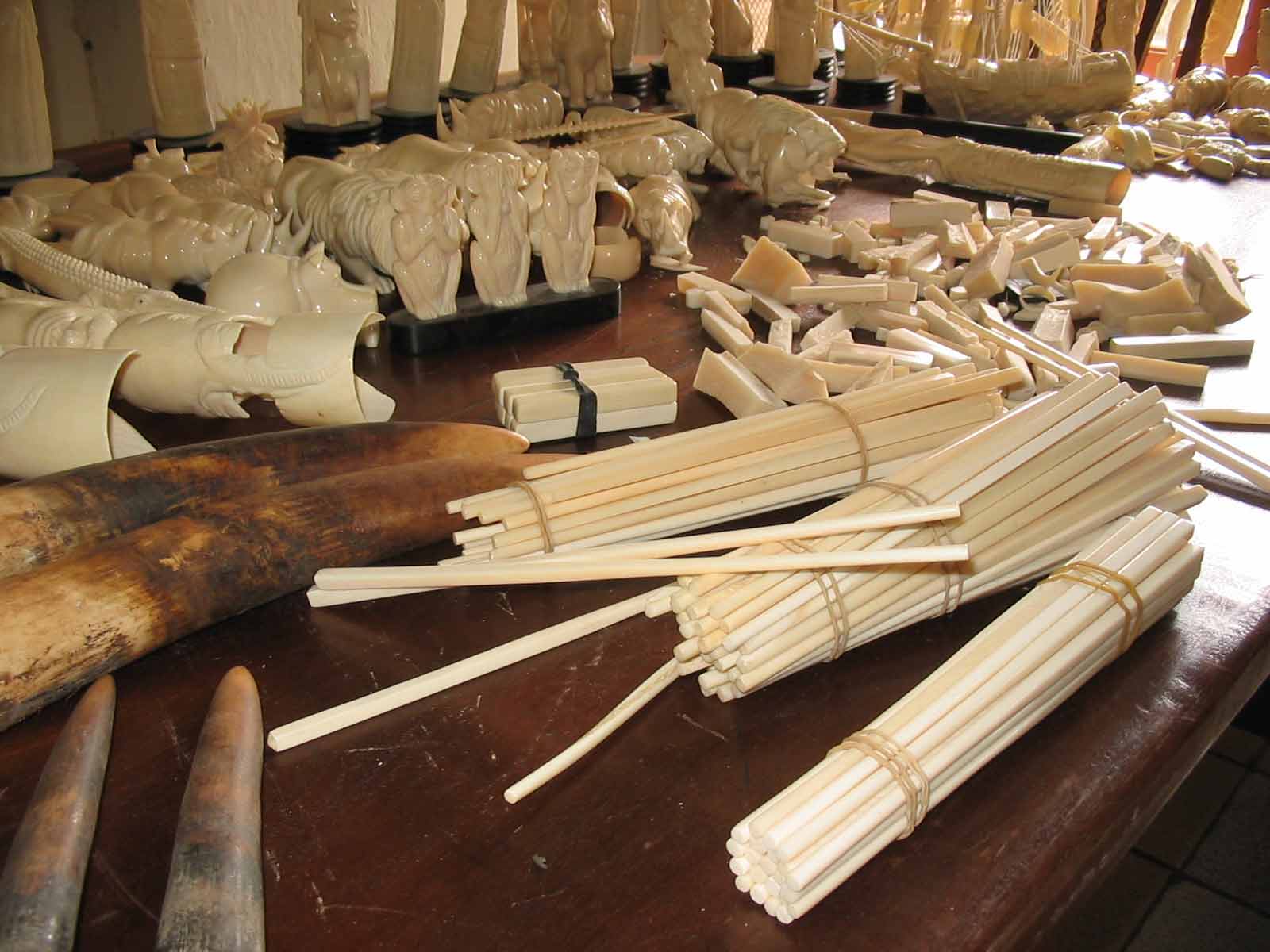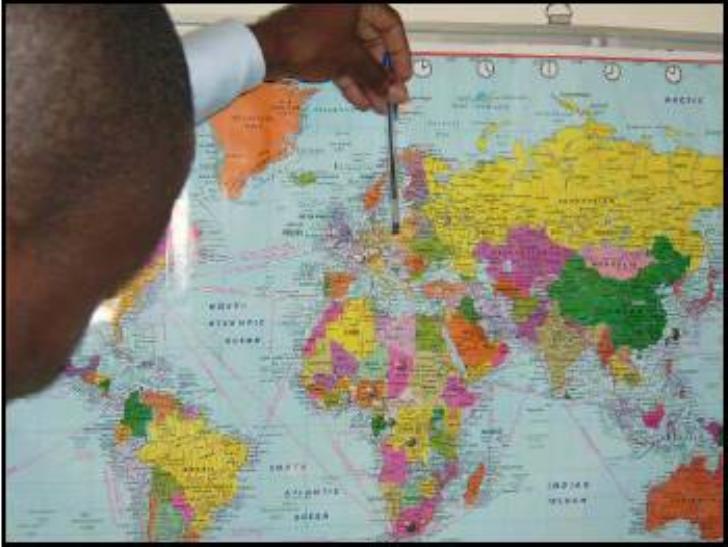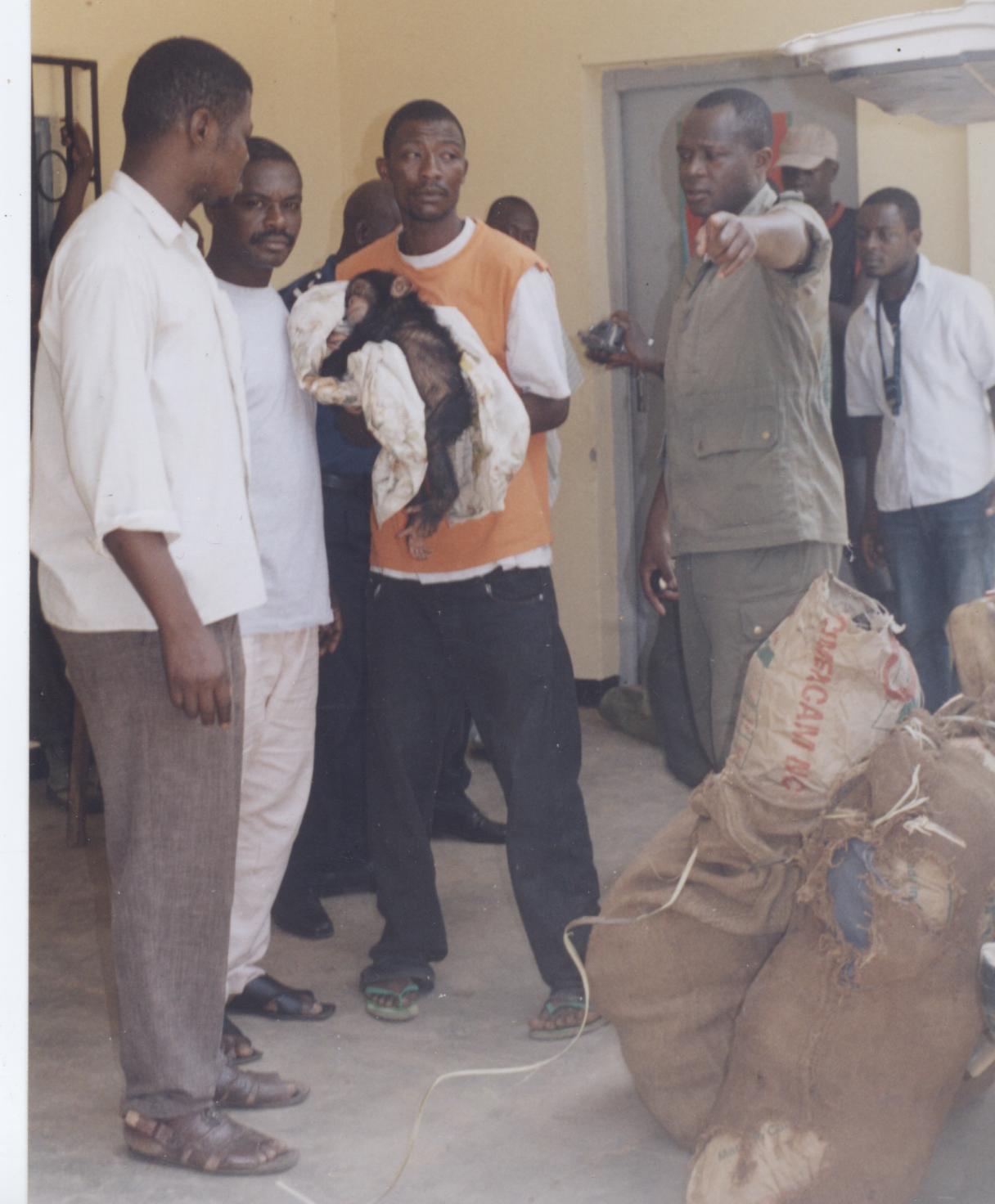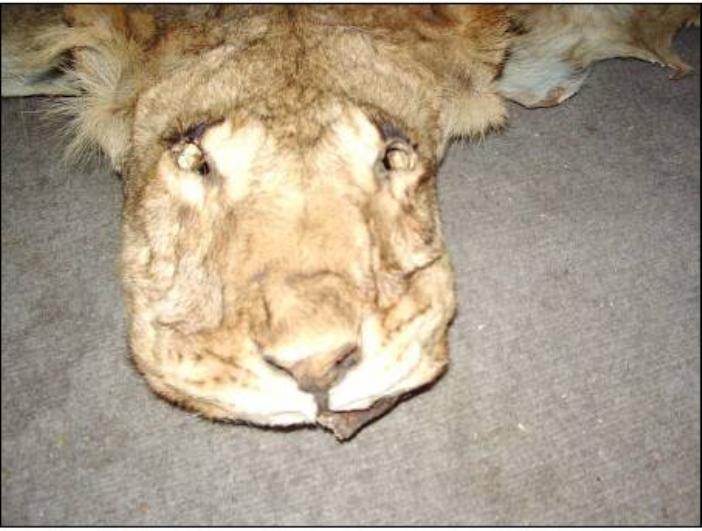About us
LAGA's Departments and Measurable Standards
The lack of measurable standards is one of the main obstacles for the development of wildlife law enforcement.
LAGA believes there is a strong negative pressure on development projects to run away from any measurable objective – what can not be measured can not fail. Having no clear indicator of success or failure of the project is an advantage in the current pressures system.
In reaction to that, LAGA is built in with clear measurable standards and quantified indicators of success or failure. The performance of each of LAGA’s departments is measured against clear tangible monthly targets. Each department developed its own computerized system to measure performance. The harmonization of all these systems was named the “LAGA Organic System”.
LAGA's Different activities
INVESTIGATIONS – Investigators, undercover agents, and informers gather precise information so that dealers in meat and the products of threatened species can be arrested in the act, producing concrete evidence for the courts.
OPERATIONS – LAGA technically assists MINFOF and the forces of law and order to arrest violators and to channel complaint reports to the courts. LAGA closely supervises operations in the field.
LEGAL FOLLOW UP – LAGA formed a legal team to assist in the administrative procedures of prosecuting the first wildlife cases known in the courts of Cameroon.
MEDIA – LAGA puts news flashes into national TV news, national radio news, and written press concerning the success of the operations and positive court rulings. The Cameroonian media informs the public to create deterrence by raising public awareness of the increased enforcement of wildlife laws and the risks and penalties for wildlife criminals.
The Value - a Model for Wildlife Law Enforcement
Currently, in most of forest covered Africa, there is no deterrent against wildlife crime in all of forest Africa.
- The collaboration between the Ministry of Forestry and Wildlife (MINFOF) and the Last Great Ape Organization (LAGA) seeks to create a successful model in Cameroon to provide the missing ingredient in the wildlife conservation formula: the creation of a crime deterrent factor.
- The lack of measurable standards is one of the main obstacles for the development of wildlife law enforcement.
- The collaborative program has built-in procedures for determining the success or failure of the model. Our case follow-up reports allow direct auditing. And our product has one primary measurable standard, an objectively verifiable indicator of achievement: the number of wildlife law violators arrested, receiving and serving a deterring punishment.
- The model, if proven effective, can be expanded to other countries in the sub-region. If proven ineffective, the lessons of its experience/analysis will assist in the evolution of a more appropriate and efficient model.
A Map of Potential for the Effective Use Of Aid Funds
- In the development of wildlife law enforcement, the international community needs a tool for a more focused and effective use of aid funds.
- LAGA’s experience and case study can serve as a map of the potential for developing wildlife law enforcement in the sub-region. Equally, LAGA’s experience can identify bottlenecks or a lack of existing potential.
The Goal
Fighting the commercial poaching with its related trade of protected species.
The Objectives
- Create an effective deterrent factor for wildlife crimes in Cameroon.
- Expose through the Cameroonian media that the law is enforced, thereby achieving education of the public on the change, increased deterrent, and classification of the illegal bushmeat trade as a criminal activity in the eyes of the public.
- Form a model for governmental-NGO collaboration in a nationwide fight against wildlife crime that functions efficiently with measurable standards of success.
- Form the first model for an independent monitor for wildlife, as stated in the AFLEG declaration.
- Assist the international and donor community in mapping potential or lack of potential in developing wildlife law enforcement in the sub-region.
- Forge a link between economic operators, including timber companies and transport agencies, and legal responsibility for wildlife law violations facilitated by their activities or committed on their premises, on the basis of negligence and collective responsibility.
The Chinese Connection - Chopsticks and killed elephants
 Successful LAGA operation exposing the Chinese Connection to illegal ivory trade from Cameroon. Two major dealers were prosecuted. 116.5kg of ivory has been seized representing an estimated value of $12,000. The raid on the 2 workshops caught the workshops at work transforming fresh elephants' tusks into ivory articles to be sold in the Chinese market.
Successful LAGA operation exposing the Chinese Connection to illegal ivory trade from Cameroon. Two major dealers were prosecuted. 116.5kg of ivory has been seized representing an estimated value of $12,000. The raid on the 2 workshops caught the workshops at work transforming fresh elephants' tusks into ivory articles to be sold in the Chinese market.
The Illegal activities of the workshops were observed for a month before the operation took place.




.jpg)

